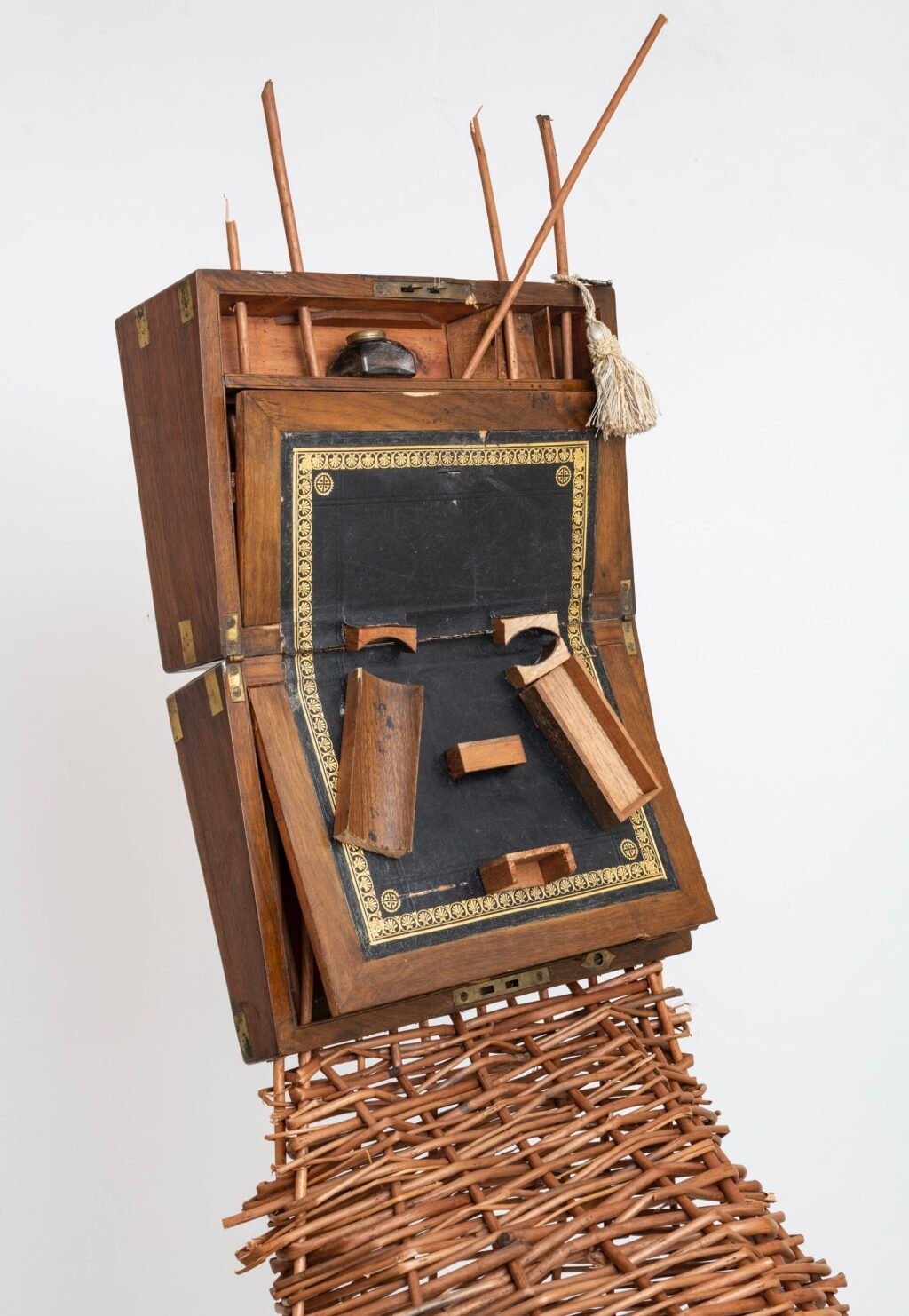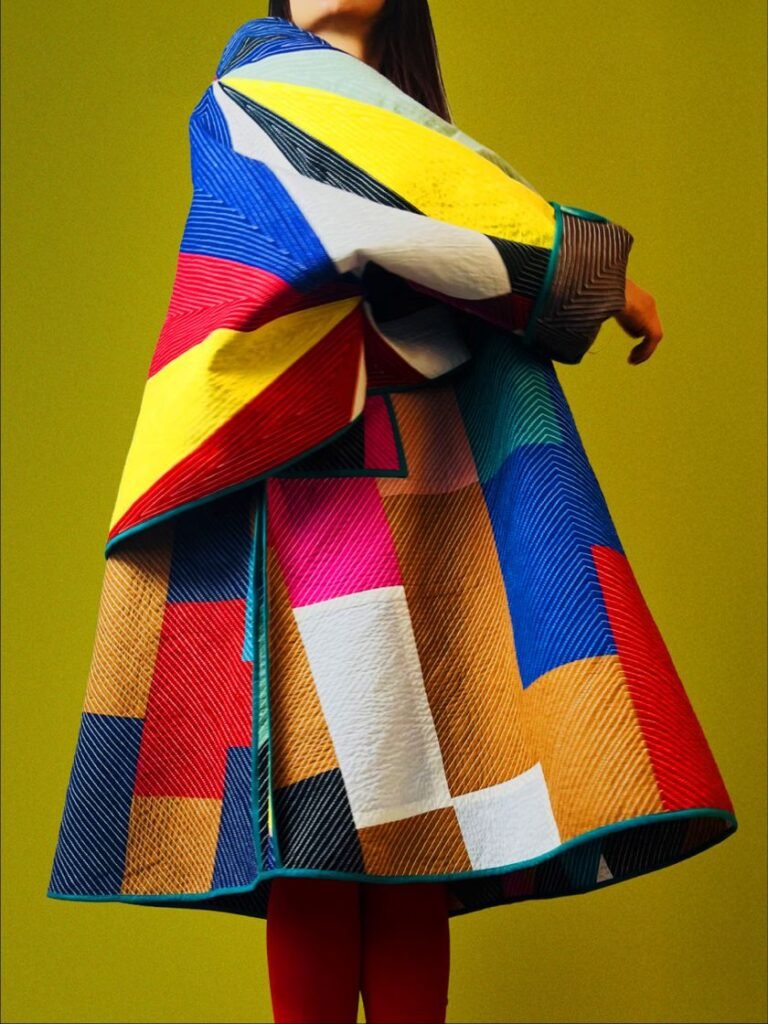

When we think of the European colonization of Africa, one period that comes to mind is an era during the mid- to late-1800s known as the Scramble for Africa. The British, French, Spanish, and Portuguese—predominantly—had already staked control of communities in coastal areas. It was during this time that inland regions became increasingly attractive for resource extraction and the promise of further economic gain. But the so-called Scramble for Africa was far from the beginning.
By the 1870s, Europeans controlled one-tenth of the continent, mostly in the north, along the Mediterranean, and in the far south. The Dutch East India Company had established the first European settlement in Africa in Cape Town in 1652. But the transatlantic slave trade had already been active for nearly a century and would continue for nearly two more, during which a staggering 12.5 million or more people were put on ships—mostly to the New World.

During this time, colonists wrote and conveyed all messages by hand. Small, portable, wooden desks made it possible to send letters from virtually anywhere, with fold-out surfaces covered in leather and storage areas for holding pens, nibs, and ink.
For artist Sonia E. Barrett, these antique desks are a tangible connection to a protracted era of cultural clashes fraught with greed, violence, and usually a one-sided telling of history. “These were the laptops of the day,” Barrett says of the portable tools that form her Desk series. “On them, they ‘wrote Africa’ in letters home, journals, and reports that now form the archives in Europe of Africa.”
Using pieces of reclaimed wood, leather, velvet, pens, ink, and wicker in addition to the found Edwardian writing surfaces, Barrett animates her sculptures with expressive faces redolent of African ceremonial masks. “I thought (the desks) could be a way of speaking back to Empire beyond the archived letters written on them.”
While different regions and cultures across the African continent created unique masks reflective of their beliefs and traditions since time immemorial, the European fashion for collecting these objects gave rise to a commercial industry that continues today. Similar to the wooden desks covered in leather or velvet, the carved African masks were whittled from timber and embellished with leather. The mahogany used in the manufacture of the writing desk would have matured in a tropical climate, “shipped in much the same way as we were,” the artist says, referring to the international African slave trade.

Barrett adds wicker structures to the bases of the desks, which suggest shoulders and bodies and can also be donned loosely, as one would wear a ceremonial costume. In a sense, the pieces are like conduits or metaphysical transporters. “These heads can join with African diasporan bodies and enable us to reach back, as they enabled our ancestors,” the artist says.
Some of Barrett’s sculptures are on display as part of The Ground Beneath: Material Memory and the Resilience of Hope at Messums London, which continues through November 15. Find more on the artist’s website and Instagram.





Do stories and artists like this matter to you? Become a Colossal Member today and support independent arts publishing for as little as $7 per month. The article Antique Writing Desks Converge with African Masks in Sonia E. Barrett’s Sculptures appeared first on Colossal.






